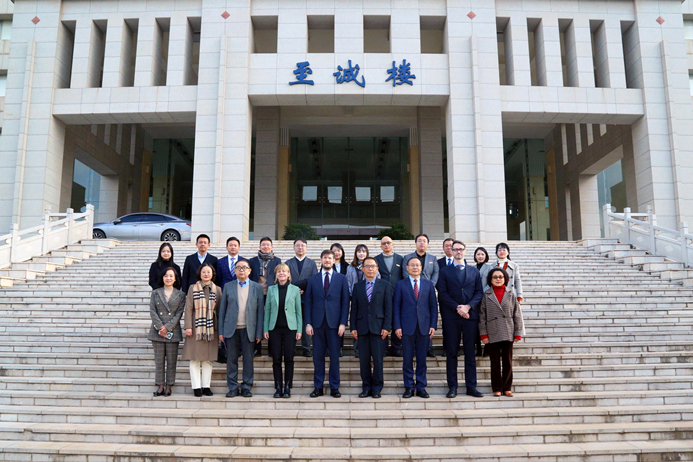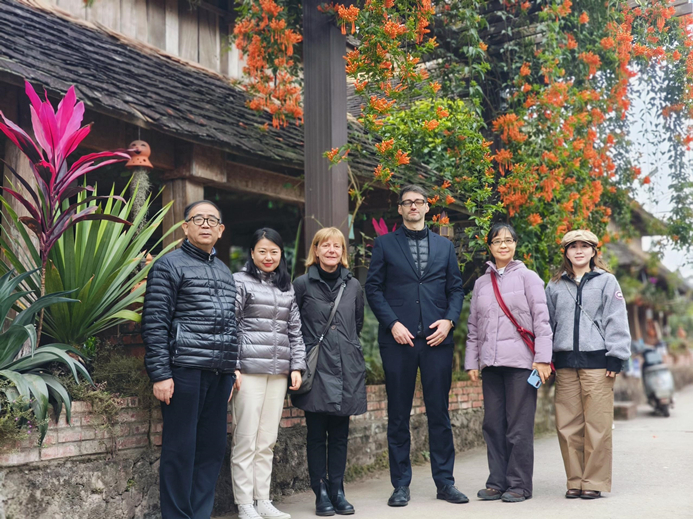
Educators and experts from Italy gathered with education professionals from Yunnan province at Yunnan Agricultural University on Jan 11. They engaged in in-depth discussions on such topics as the sustainable development of biodiversity and the protection of intangible cultural heritage.
Zhao Derong, deputy head of the education department of Yunnan province, said that Yunnan's historical ties with Italy date back as early as the 13th century, during which time the Italian explorer Marco Polo visited Yunnan, capturing the beauty of the region in his travelogue and introducing it to the world.
In recent years, five universities in Yunnan and five universities in Italy have engaged in collaborative inter-institutional projects, encompassing such activities as faculty and student exchanges, academic discussions, joint research endeavors, and collaborative discipline development, he added.

Dr. Xing Jianjun, regional director in China of the Italian Education Center, said that international cooperation in education has always been a bridge for enhancing friendship and promoting mutual development within the international community.
Alessandra Guidi, science and technology counsellor of Italy's Embassy in China, said that Italy and China are the countries with the highest level of biodiversity in the world and share the largest number of UNESCO world heritage sites, cultural and natural, tangible and intangible. The two countries need to connect with all other natural and cultural heritage and manage with a holistic concept of protection, education and sustainable development, she added.
Li Yonghe, president of Yunnan Agricultural University said that the university, being open and facing the world, has established exchange and cooperation relationships with over 120 overseas institutions in more than 30 countries, including New Zealand, the UK, the United States, Japan, and Thailand. He extended wishes that in the next phase, collaborative research projects on biodiversity can be initiated with relevant universities or research institutions in Italy to explore effective models of cooperation.